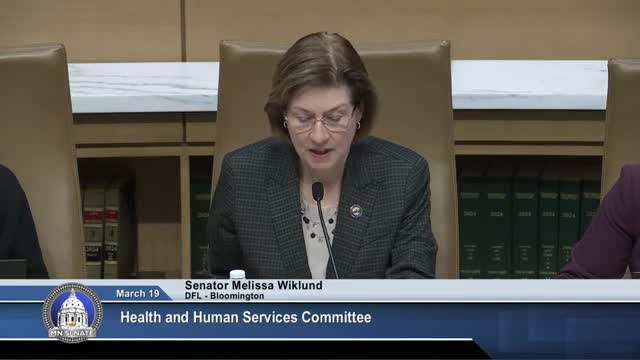Article not found
This article is no longer available. But don't worry—we've gathered other articles that discuss the same topic.
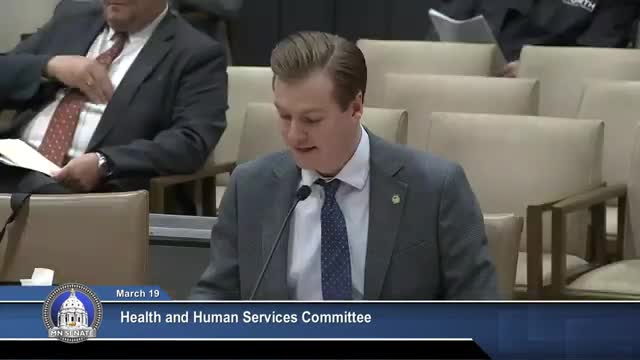
Comprehensive rural EMS bill would create operational-deficit grant pool; testimony estimates $40 million annual need
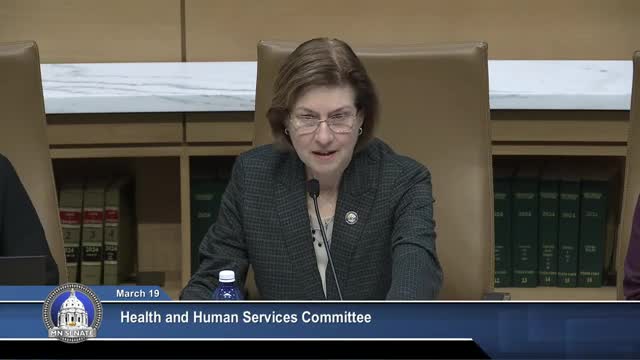
Proposal would raise Medicaid ambulance rates statewide by 10%; fiscal note estimated at about $5 million yearly
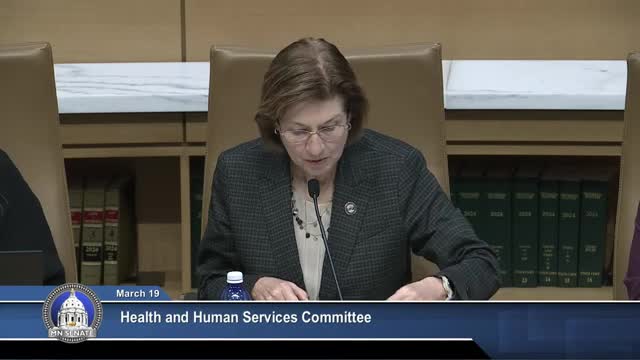
Bill expands volunteer ambulance reimbursement, adds EMR training and boosts annual aid
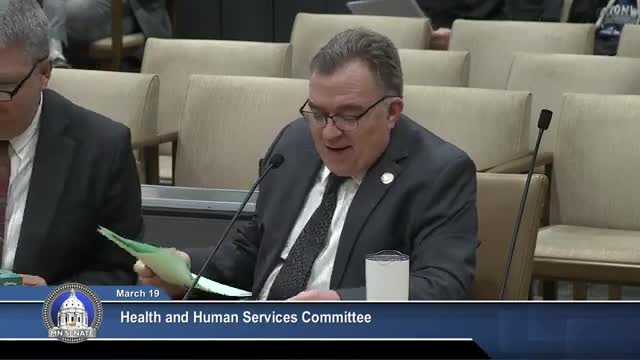
Bill would fund ‘earn-while-you-learn’ EMT slots; Mayo Clinic pilot cited as model
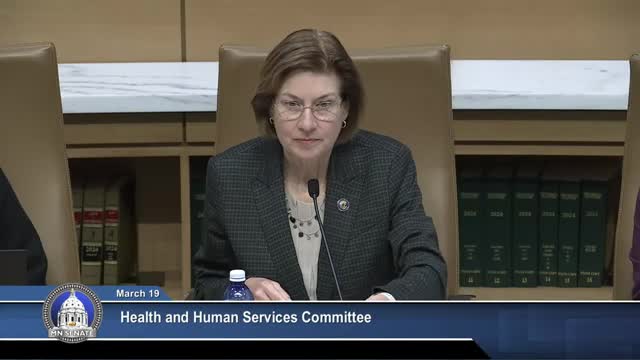
Senate proposal would create telecom fee to fund rural EMS grant pool; committee adopts amendment and lays bill over
